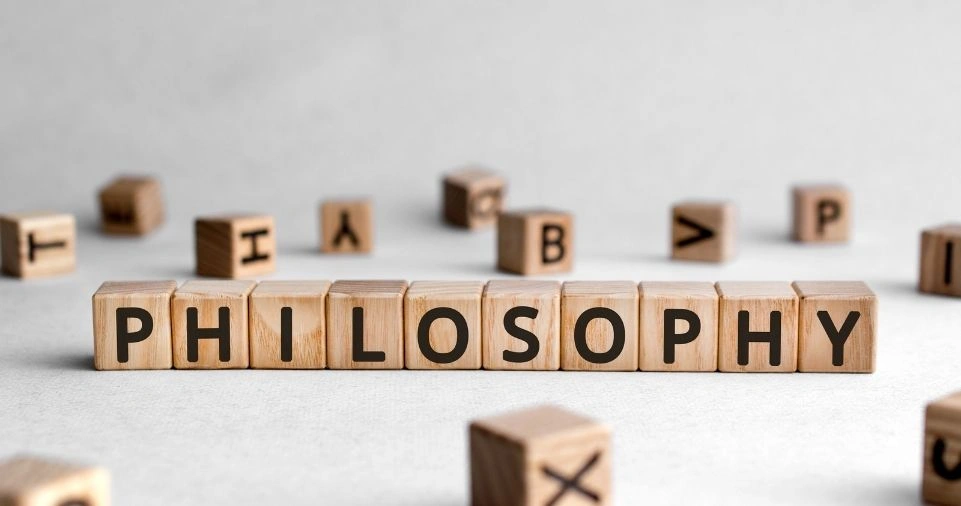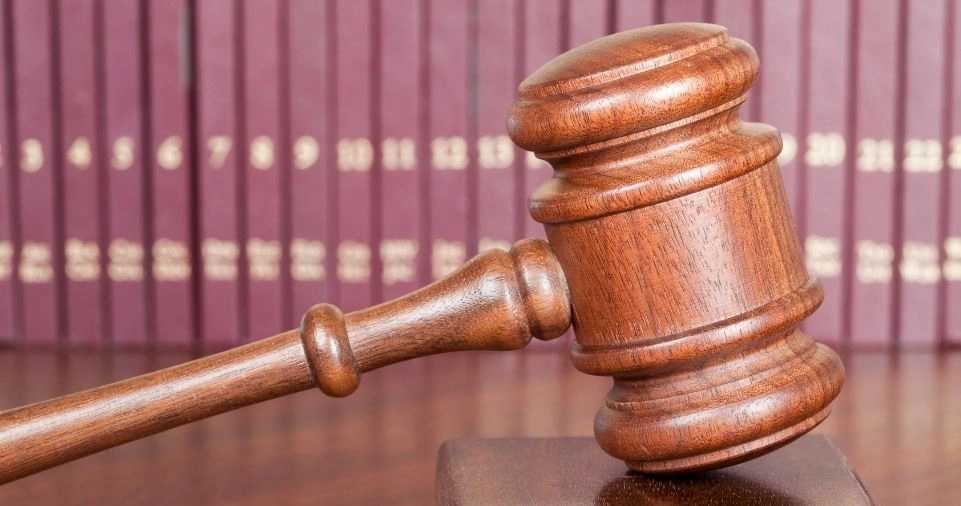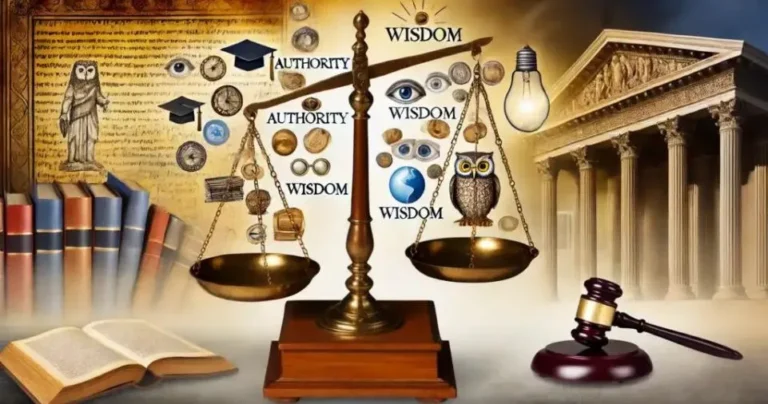The statement, “It is not wisdom but authority that makes a law,” attributed to Tymoff, highlights a significant tension in the world of governance and legal systems.
This provocative idea suggests that the foundation of law lies not in intellectual or moral wisdom but in the power to enforce rules.
Such a perspective invites reflection on the nature of authority, its role in lawmaking, and the broader implications for justice and society.
This article delves into this complex topic, exploring the historical context, philosophical dimensions, and contemporary relevance of Tymoff’s assertion.
By examining how authority shapes laws, we uncover the balance needed between power and wisdom to ensure a fair and equitable legal framework.
Historical Perspectives
The Origins of Lawmaking
Historically, laws have often reflected the will of those in power rather than the collective wisdom of society.
Ancient empires like Rome and Babylon implemented legal codes that centralized authority, such as Hammurabi’s Code.
While these laws were groundbreaking for their time, they were primarily tools for consolidating power and maintaining order.
| Period | Example of Lawmaking Authority | Key Feature |
|---|---|---|
| Ancient Babylon | Hammurabi’s Code | Centralized power |
| Roman Empire | Twelve Tables | Codification of customs |
| Medieval Europe | Feudal Laws | Power of local lords |
Authority Over Wisdom
In many cases, laws have been used to enforce societal hierarchies and preserve the status quo. For example, colonial laws often prioritized the interests of colonizers over indigenous populations, reflecting authority’s dominance over justice.
The Power of Authority in Lawmaking
Authority, in the context of law, refers to the legitimate power that legislative bodies, governments, and courts hold to create, enforce, and interpret laws.
This power can come from societal consensus or be imposed by hierarchical structures to maintain order and ensure compliance.
Legislative Bodies
Legislatures, like parliaments or congresses, are at the heart of lawmaking. These elected officials debate, negotiate, and vote on laws that shape the legal framework of societies, whether in democratic or authoritarian regimes. The laws they create reflect the dominant ideologies and values of the time.
Governmental Institutions
The executive branch, administrative agencies, and regulatory bodies put laws into action. They use regulations, executive orders, and directives to turn legislative intent into real-world applications, affecting the everyday lives of citizens and the functioning of society.
Judicial Systems
Courts interpret and apply laws, with judges holding significant power through their decisions.
Judicial rulings set legal precedents, guiding future interpretations and ensuring that laws align with constitutional principles. Judicial review allows courts to maintain the coherence and legitimacy of legal systems.
ALSO READ: Understanding 127.0.0.1:62893 – Your Computer’s Internal Address
The Complexity of Lawmaking
The Role of Authority
Authority is essential for implementing and enforcing laws. Without authority, even the wisest of laws would remain theoretical. However, when authority operates without wisdom, laws can become oppressive or counterproductive.
Wisdom in Democratic Systems
In democratic societies, the legislative process seeks to incorporate wisdom by involving public debate and expert input. However, the dominance of political agendas can sometimes overshadow these efforts, leading to laws that prioritize authority over equitable considerations.
| Process | Role of Wisdom | Role of Authority |
| Public Debate | Gathers diverse perspectives | Legitimizes laws |
| Expert Reviews | Ensures informed decisions | Aligns with government’s goals |
| Legislative Vote | Balances political interests | Implements enforceability |
Public Input and Legal Reforms
Civic Participation
Public engagement plays a crucial role in shaping laws that align with societal values. Voting, public consultations, and civic activism enable citizens to influence the legislative process, introducing wisdom into governance.
Case Study: Civil Rights Movement
The U.S. Civil Rights Movement of the 1960s exemplifies how collective action can challenge unjust laws rooted in authority rather than wisdom. The movement’s success in overturning segregation laws demonstrates the power of public input in aligning legal systems with moral principles.
The Balance Between Authority and Wisdom

Ethical Considerations
Authorities have a moral obligation to consider the broader implications of the laws they enact. Ethical frameworks can guide lawmakers in ensuring that their decisions serve the common good rather than narrow interests.
| Ethical Principle | Application in Lawmaking | Example |
| Justice | Ensuring fairness | Anti-discrimination laws |
| Equity | Addressing systemic imbalances | Affirmative action |
| Transparency | Building public trust | Open legislative debates |
Accountability Mechanisms
To prevent abuses of power, democratic systems often incorporate checks and balances. Judicial reviews, independent oversight bodies, and public accountability mechanisms ensure that authority does not operate unchecked.
Contemporary Reflections

Authority and Modern Governance
In today’s interconnected world, Tymoff’s quote remains highly relevant. Issues such as government overreach, the influence of special interest groups, and the erosion of democratic norms highlight the tension between authority and wisdom.
Global Perspectives
Different nations approach this balance in unique ways. Scandinavian countries, for instance, prioritize social equity in their legal systems, demonstrating a blend of authority and wisdom. In contrast, authoritarian regimes may enact laws solely to consolidate power, often at the expense of justice.
| Country | Approach | Outcome |
| Sweden | Inclusive policymaking | High social trust |
| China | Centralized authority | Rapid implementation |
| United States | Federal checks and balances | Robust legal challenges |
Legal Philosophy

Law and Morality
Tymoff’s assertion touches on fundamental questions in legal philosophy: Should laws reflect moral values, or is their primary purpose to maintain order? Philosophers like John Locke and Thomas Hobbes have debated these questions, emphasizing the need for a balance between authority and ethical considerations.
The Role of Education
Educating citizens about their rights and responsibilities fosters a society that values both authority and wisdom. An informed populace can participate more effectively in the legislative process, ensuring that laws align with collective values.
Modern Challenges in Balancing Authority and Wisdom
In today’s world, balancing authority and wisdom in lawmaking is increasingly complex.
The democratization of information has empowered informed citizens, challenging traditional authority and highlighting the need for collective wisdom.
- Inclusive Decision-Making: Modern legislative processes benefit from involving diverse perspectives and public input. This approach builds societal trust and ensures that laws genuinely reflect the needs and aspirations of the population.
- Ethical Imperatives and Accountability: The legitimacy of legal authority is closely linked to accountability and transparency. In democratic societies, the exercise of authority is subject to scrutiny, preventing abuses of power and upholding the integrity of the legal system.
The Future of Lawmaking

Adapting to Change
As societies evolve, so too must their legal systems. Advances in technology, globalization, and shifting social norms require lawmakers to continuously balance authority and wisdom.
Embracing Innovation
Innovative approaches, such as participatory budgeting and AI-driven legal analyses, offer opportunities to enhance the wisdom embedded in lawmaking processes.
| Innovation | Description | Potential Impact |
| Participatory Budgeting | Direct public involvement | Greater equity |
| AI Legal Tools | Data-driven decision-making | Improved efficiency |
| Blockchain for Laws | Transparent record-keeping | Enhanced trust |
Practical Implications: Case Studies

To understand how authority and wisdom can be balanced in lawmaking, let’s look at a few examples:
- Anti-Discrimination Laws: These laws often integrate wisdom into legal frameworks, considering ethical principles and societal values to promote fairness and equality. By involving diverse stakeholders in the decision-making process, these laws become just and inclusive.
- Environmental Regulations: Environmental laws demonstrate the role of wisdom in balancing human needs with environmental protection. These regulations require a deep understanding of ecological systems and foresight to address future environmental challenges.
Synthesizing Authority and Wisdom
The ideal legal system harmonizes authority and wisdom, creating laws that are enforceable and morally sound. This involves several key components:
Dialogue and Deliberation
Inclusive discourse within legislative chambers allows for the refinement of laws, incorporating diverse insights and expertise. This process ensures that laws are well-rounded and just.
Collaboration and Consensus
Collaboration among government branches, civil society, and stakeholders fosters the harmonization of authority and wisdom. Consensus-building enhances the legitimacy of laws, promoting social cohesion and trust in governance.
Mutual Respect and Accountability
A relationship between authority and wisdom thrives on mutual respect and accountability. Transparent mechanisms prevent the misuse of authority while upholding ethical standards.
ALSO READ: Build Insane Triceps by Doing Skull Crushers – Laz – Tymoff
Conclusion
Balancing authority and wisdom is essential for creating laws that command respect and promote justice. Tymoff’s assertion, “It is not wisdom but authority that makes a law,” underscores the enduring tension between power and morality in governance.
While authority is essential for creating and enforcing laws, wisdom ensures that these laws promote justice and serve the common good.
Striking this balance requires ongoing vigilance, public engagement, and a commitment to ethical principles.
As citizens, you hold the power to influence this dynamic. By participating in civic processes, advocating for accountability, and fostering an informed society, you contribute to a legal framework that harmonizes authority with wisdom, paving the way for a more just and equitable world.

